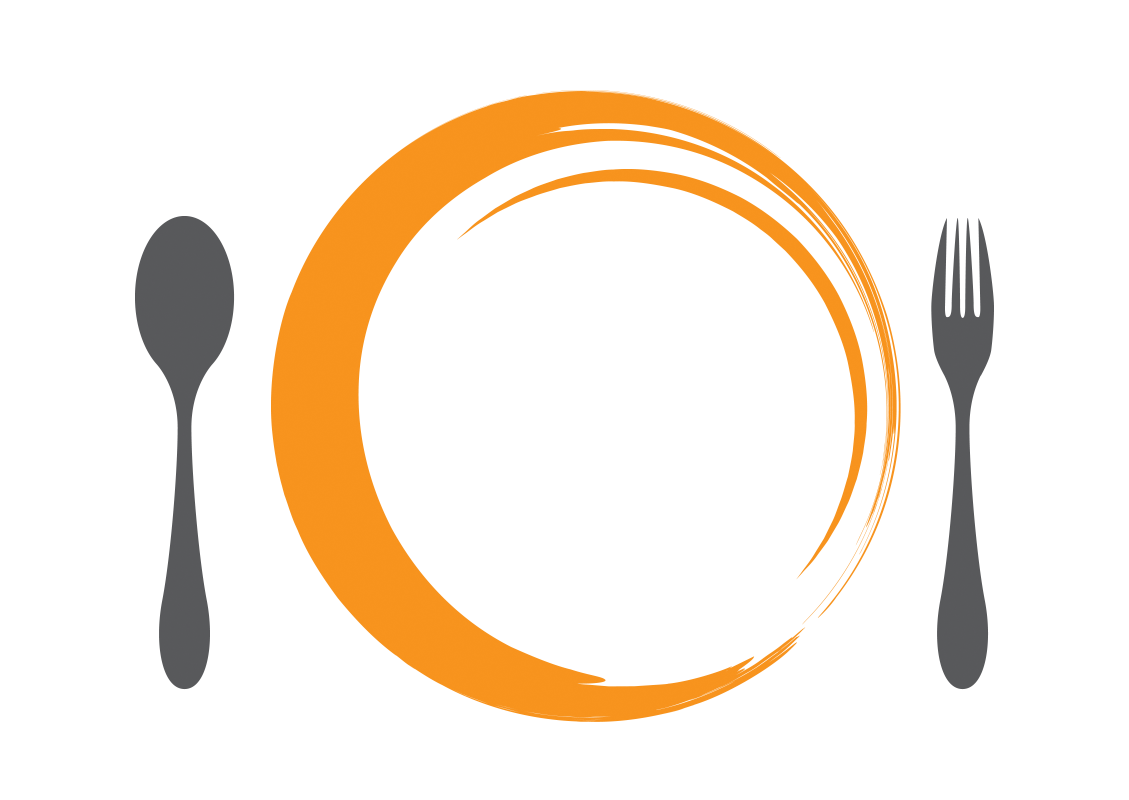What’s holding you back from healthy eating?
Stress and lack of time can play a huge role in preventing healthy food choices. But in fact, it’s our mindset which gets in the way more than anything else. Healthy eating and hydration are some of the most important long-term habits of health which you can develop. And it’s not as difficult as you might think.
Here are three simple steps to the habit of healthy eating.
Avoid Saturated Fats
One of the simplest habits of healthy eating to implement is avoiding or limiting saturated fats in your diet. Remember the goal is not cutting out all fats completely. Your body needs some fat; however, the kind of fat you choose makes a big difference.
If you eat too much saturated fat, this can lead to higher cholesterol, increasing your chance of heart disease. Men should have no more than 30 kilograms of saturated fat daily, and women no more than 20 kilograms. Children over the age of 11 should have even less saturated fats than adults.
Swap out foods that are high in saturated fat such as sausage, lard, cream and fatty meats. Instead, choose foods with unsaturated fat like oily fish, avocados and vegetable oil. Go for lean cuts of meat, and trim off any excess fat before cooking them.
Limit Salt
Another important habit of healthy eating: reduce or avoid added salt in your diet. That’s because an excess of salt can boost your blood pressure, increasing your risk of stroke or heart disease.
First, get rid of the saltshaker on your dining room table. Look at some of your favorite recipes and decide what you can substitute for high-salt ingredients like bouillon, soy sauce and garlic salt. When the recipe calls for salt, try other herbs and flavoring instead. Garlic and various kinds of herb seasonings are great choices.
Cut down on the times you eat out at the restaurant, and limit your reliance on packaged convenience foods in boxes or cans. And most importantly, inform yourself of how much salt you are consuming by reading food labels. When possible, opt for foods that have lower amounts of sodium.
Cut Down On Sugar
Eating too much sugar on a regular basis increases your risk of tooth decay and obesity. Sugar is a high-energy substance and if you take in more energy than your body uses, that energy gets converted to fat. And that sugar sitting on your teeth in between meals wears away your tooth enamel, too.
Keep in mind that milk and fruit contain natural sugars, which you should not avoid. Instead, avoid or limit your intake of free sugars found in sweeteners like honey or added to smoothies and other foods and beverages.
By reading labels, you’ll quickly find that sugars are added to many packaged foods which might surprise you. Generally, if the label shows that the food contains more than 22.5g of sugar per 100g, it’s a high-sugar food. Breakfast cereals, pastries, cookies and fizzy drinks are some of the biggest culprits when it comes to added amounts of sugar.
These three steps are a great starting point to the implementation of habits of healthy eating. If you need help, reach out to get paired with an independent health coach so we can get you on track.


